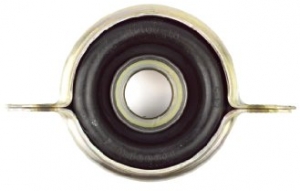-
Welcome to Tacoma World!
You are currently viewing as a guest! To get full-access, you need to register for a FREE account.
As a registered member, you’ll be able to:- Participate in all Tacoma discussion topics
- Communicate privately with other Tacoma owners from around the world
- Post your own photos in our Members Gallery
- Access all special features of the site
A new air filter will increase fuel economy. Myth?
Discussion in 'Technical Chat' started by ShadowFalken, Mar 14, 2010.


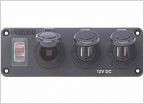 In bed electronics, canopy lights/usb charge ports
In bed electronics, canopy lights/usb charge ports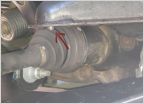 Welcome to my next hell, need suggestions.
Welcome to my next hell, need suggestions.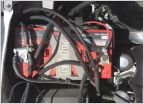 Battery Wiring Replacement/Upgrade
Battery Wiring Replacement/Upgrade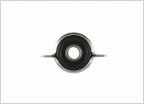 Center Bearing Part Number
Center Bearing Part Number





